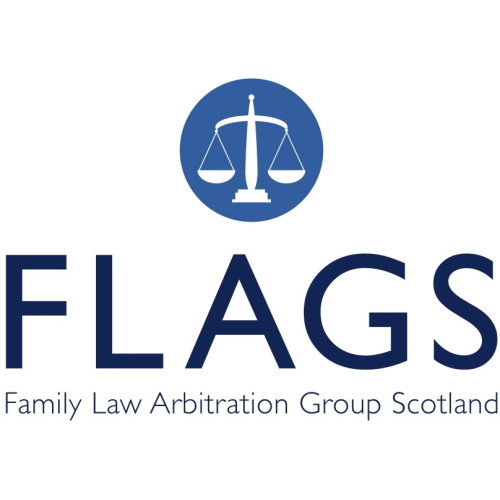Will I owe my spouse financial support after we get divorced?
25th November 2015
Day three of Resolution Family Dispute Resolution week (also being the day the Chancellor’s Autumn Statement is released and the outcome of the Comprehensive Spending Review becomes known) and our thoughts turn to money.
The next finding for us to highlight from the research on outcomes in litigated, financial cases in Scotland (undertaken by Jane Mair of the University of Glasgow, School of Law with support from Fran Wasoff and Enid Mordaunt from the Centre for Research on Families and Relationships at the University of Edinburgh) is about financial orders in divorce cases.
3. In only 30% of the cases was an award of periodical allowance (which is support after divorce) sought.
OUTCOME: And then, of those applications, only half were granted. This figure relates to all of the reported cases in Scotland in the last 30 years.
OUR EXPERIENCE: Periodical allowance is support (or maintenance) paid to a former spouse after divorce. As these figures demonstrate such orders are rarely granted by the Scottish courts. The interesting question though (especially though from the perspective of lawyers in England and Wales, where maintenance after divorce is commonplace) is not why so few orders have been granted, but why they are so rarely sought from the court in a Scottish divorce.
The main reason must be that the Scottish legislation on divorce starts from the position that there should be a clean break- it is only in limited situations that the court could order that there should be payments from income, post divorce. The Family Law (Scotland) Act 1985 provides that the court shall not make such an order unless it is satisfied that that an order for payment of a capital sum, transfer of property or pension share would be inappropriate or insufficient to deliver reasonable financial provision. That means that in very many cases periodical allowance could never be granted by the court- which perhaps explains why such orders are sought relatively rarely.
It also perhaps explains why there is an enthusiasm in Scotland for other forms of dispute resolution- the remedies available to the court are in a prescribed form and there is limited scope to craft flexible outcomes. Some creativity and good will deliver a pragmatic and workable resolution.






































